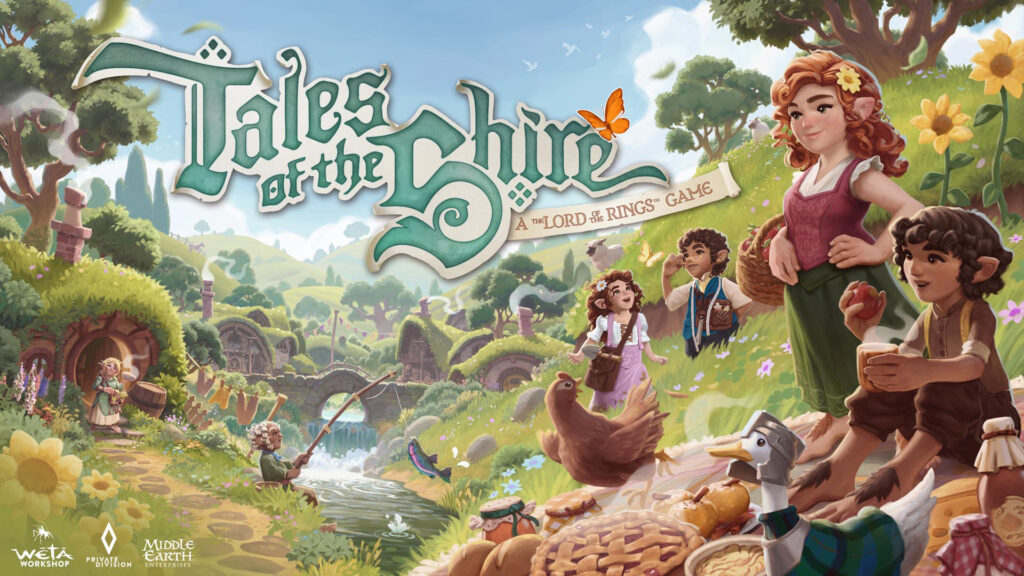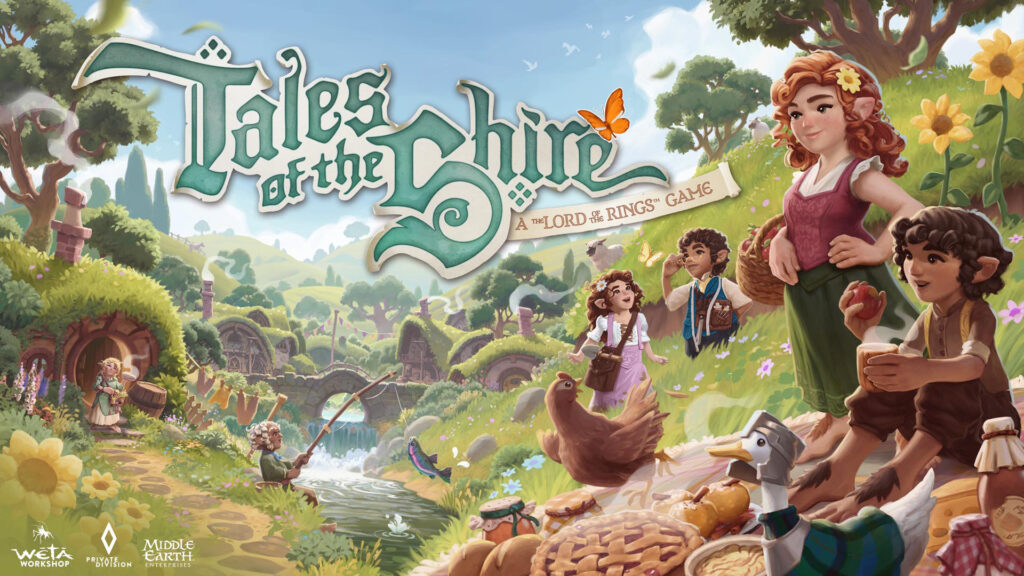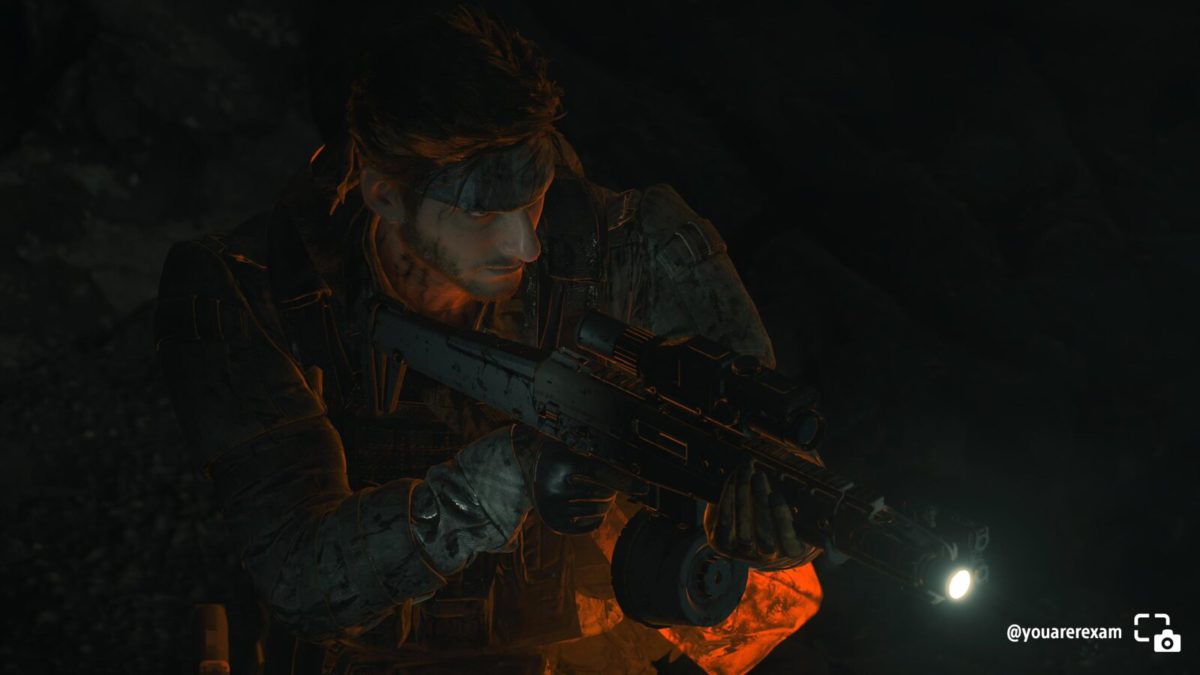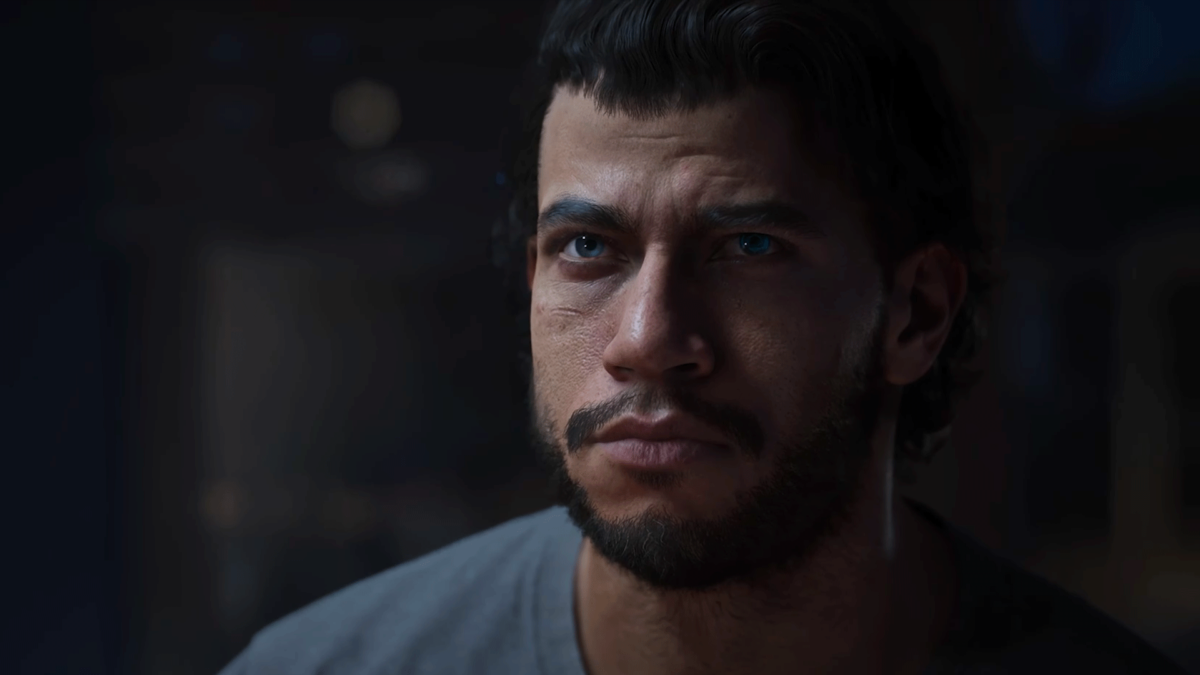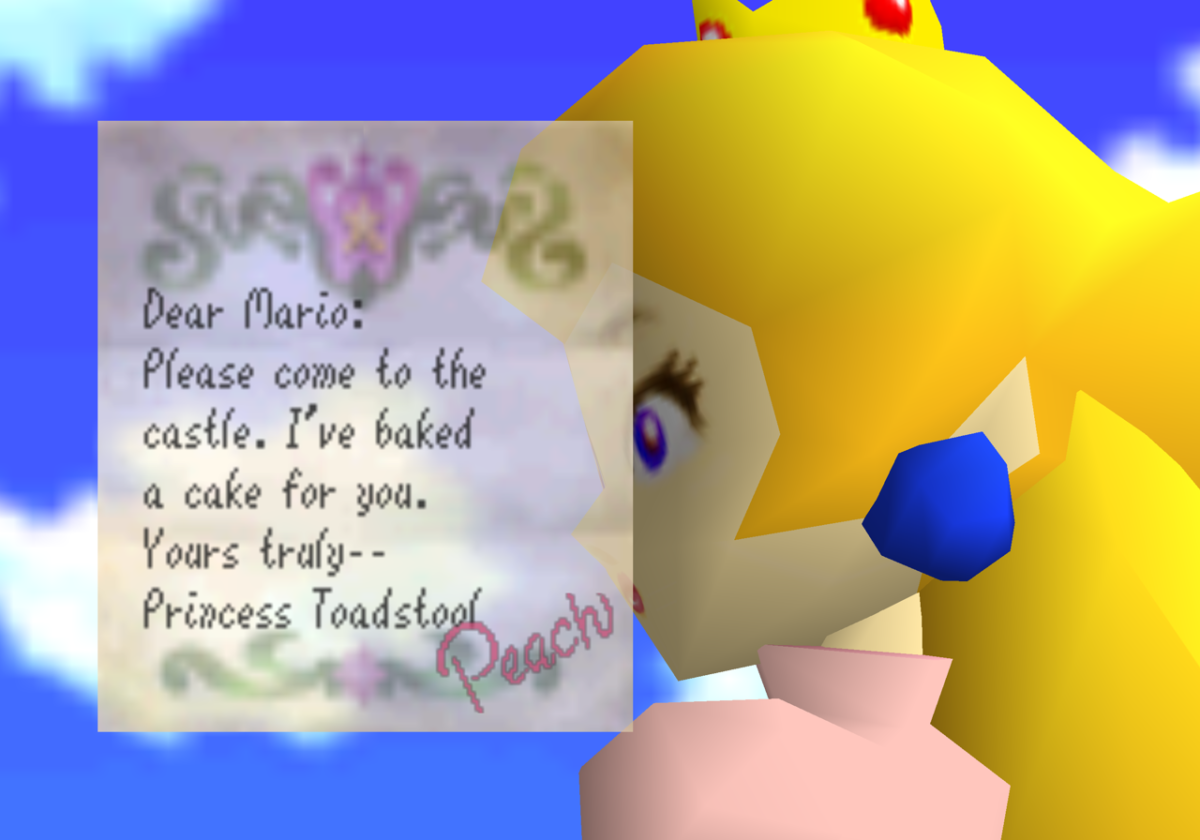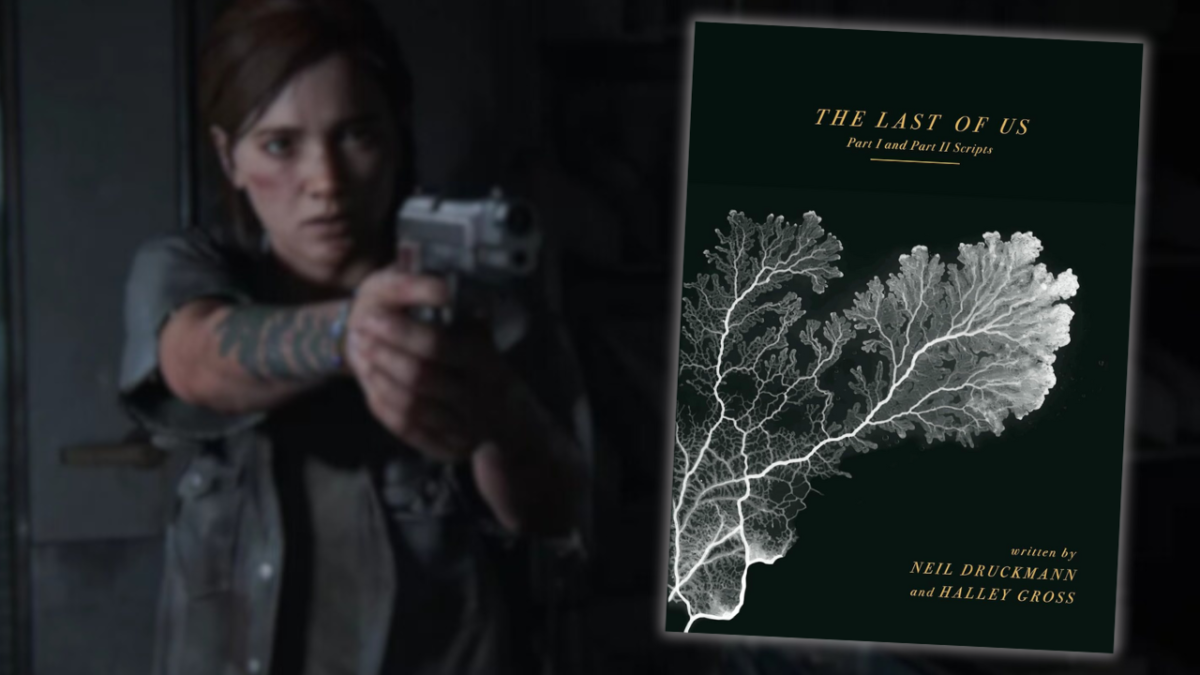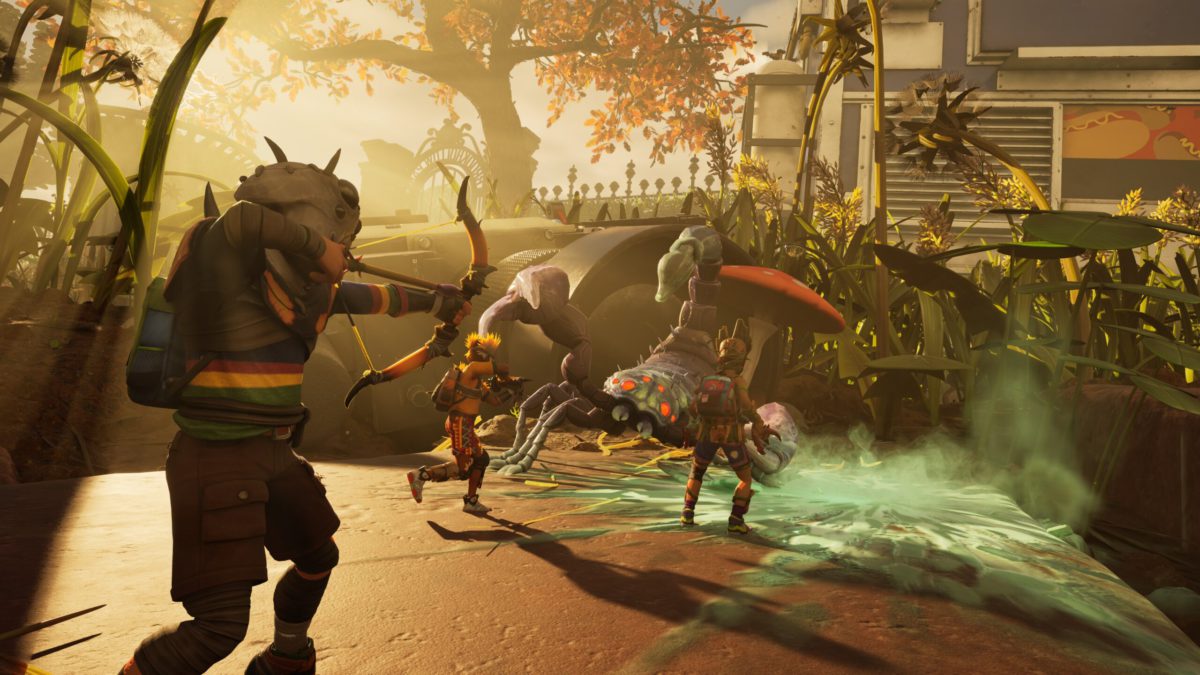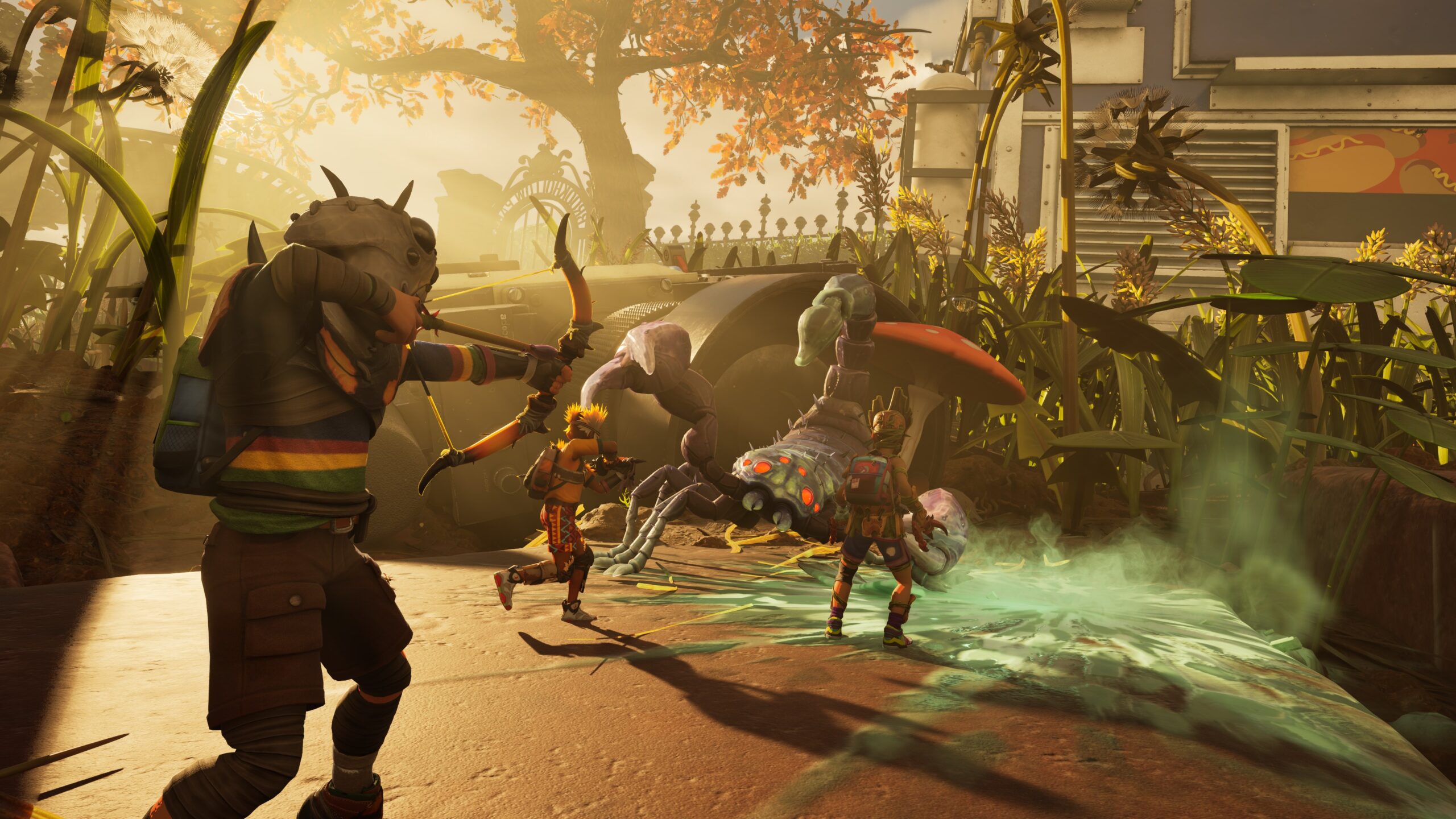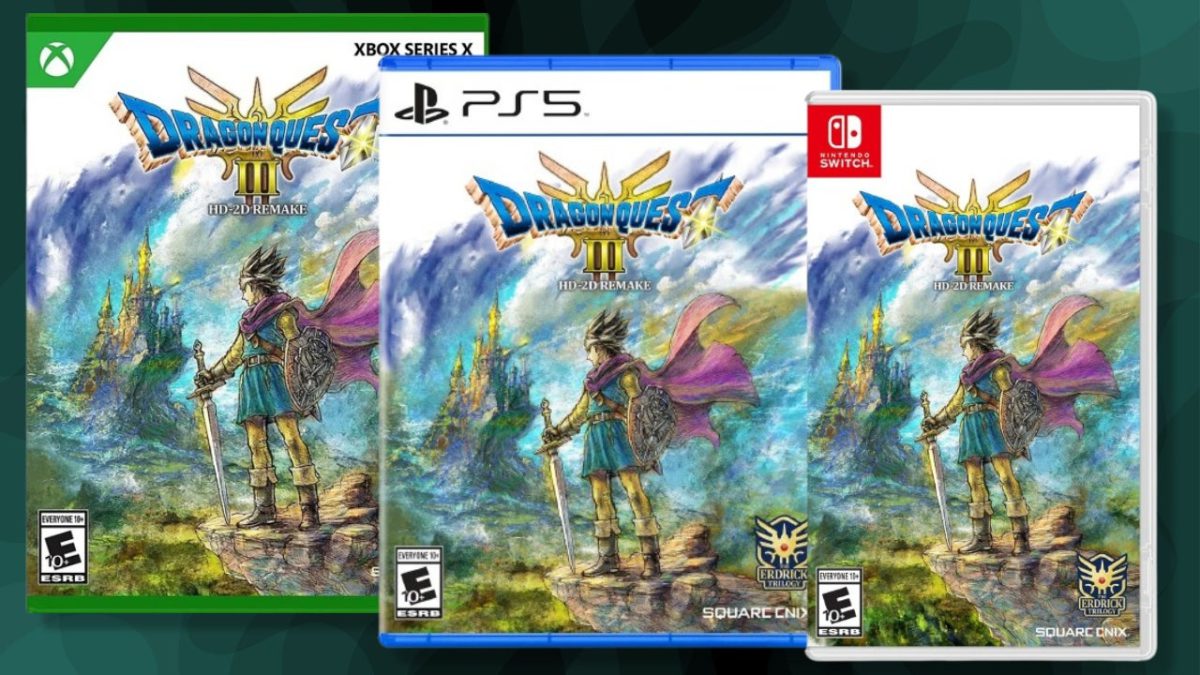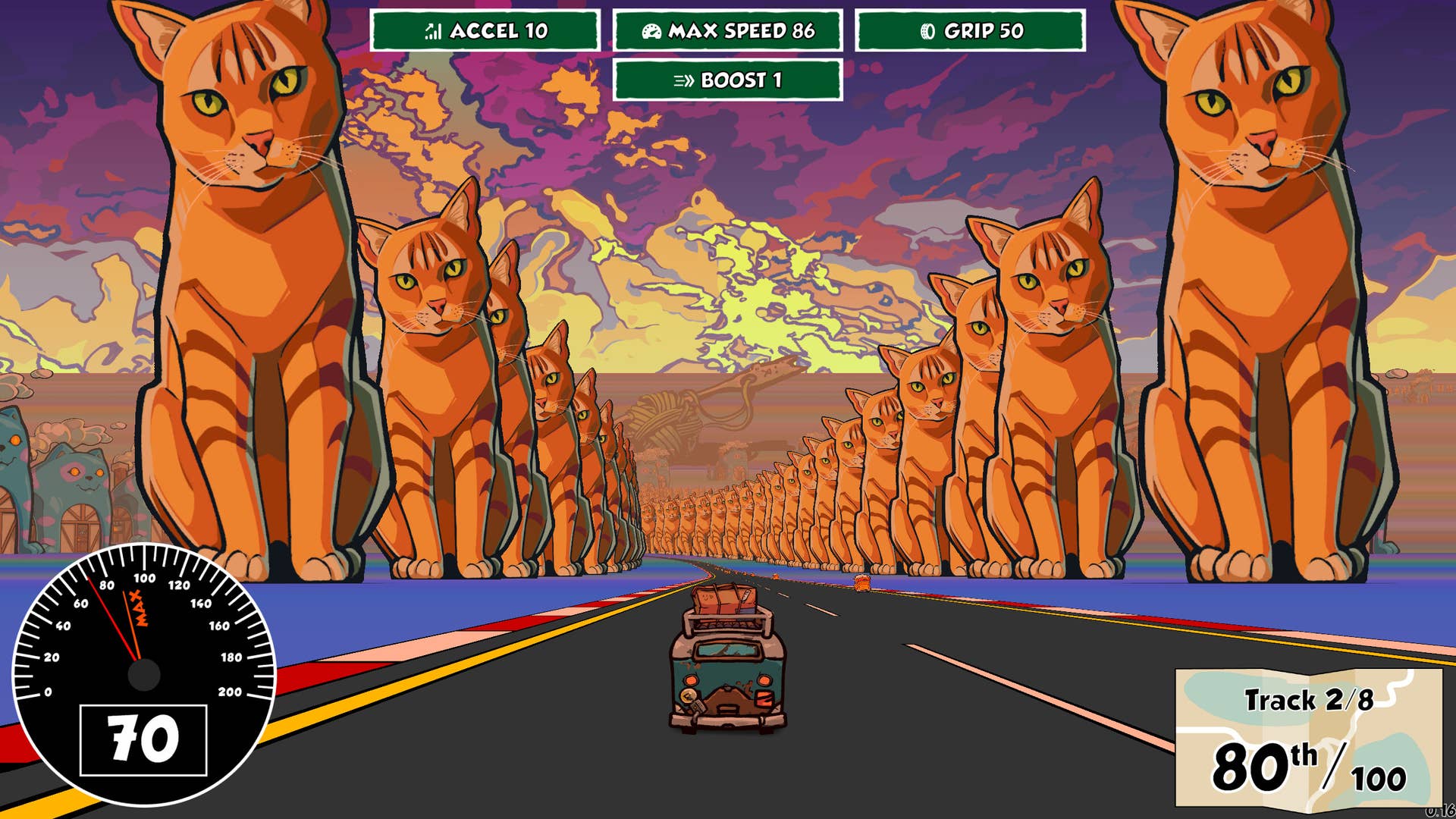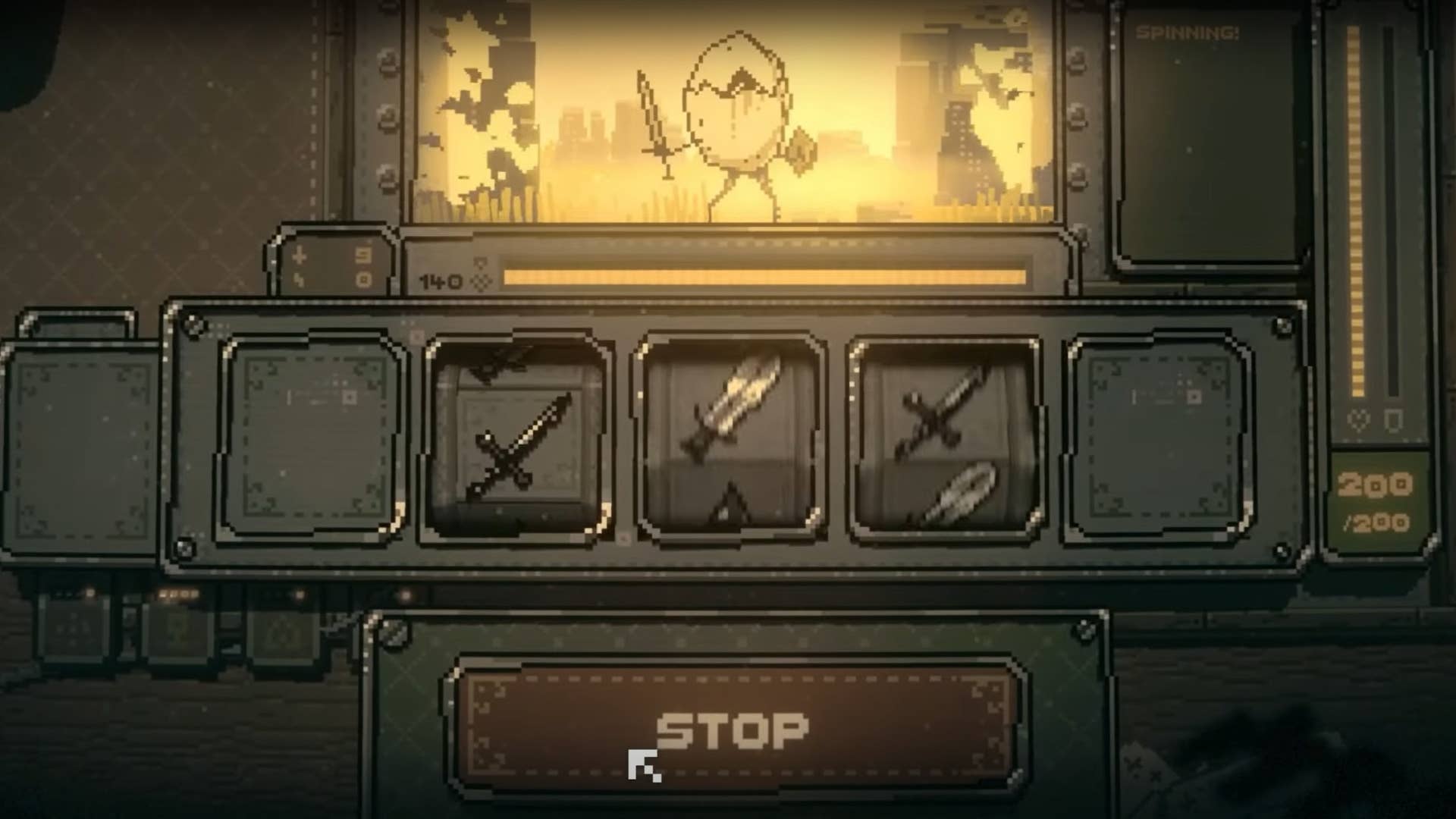Summary
- Tales of the Shire is out on July 29 for Xbox Series X|S.
- Live the cosy life of a Hobbit in the peaceful corner of Bywater.
- Get some tips and guidance on living life at a Hobbit’s peaceful pace.
The pies are cooling on the sill, the garden is being tended, and tea is nearly ready, dearest Hobbits. Our cosy life-sim, Tales of the Shire, launches on July 29 for Xbox Series X|S.
Based on the beloved fantasy books ‘The Lord of the Rings’ and ‘The Hobbit’ by J.R.R. Tolkien, your time in this peaceful corner of The Shire will quietly unfold between the great epics of Middle-earth, as you arrive in the catchment of Bywater after hitching a ride with a grey-bearded steward. It’s enough to make a Took misty-eyed, and we cannot wait to welcome you to this quaint town to experience everything it has to offer.
We know it can be quite daunting starting off in a new town, so we’ve put together some helpful tips to help you settle in.
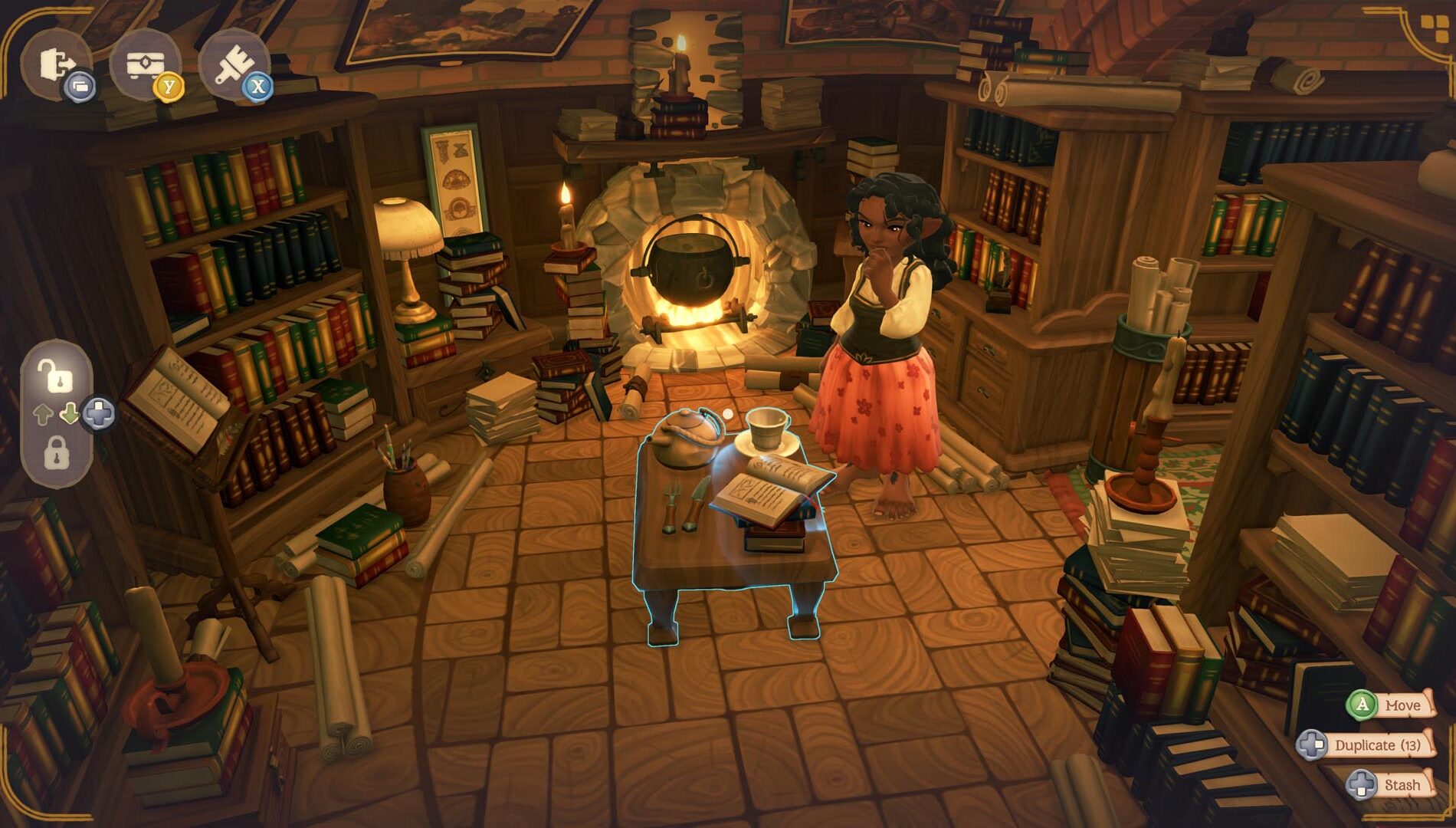
Take as Much Time as You Need Transforming Your Hobbit-hole into a Hobbit Home
Beyond your perfectly round door, things could do with, well, some tender loving care. You’ve inherited a Hobbit-hole from a generous relative, who, in her old age, has boarded up many of the rooms to save time on upkeep. As you settle into Bywater and forge deeper bonds with your neighbours, you’ll open new doorways, unlock grand rooms and cosy nooks, and discover undeveloped gardens full of good, tilled earth.
Perhaps you’re a bibliophile who’d like to steadily build your very own library, or maybe you’d like to set up a crafts room with a loom. In Decoration Mode, time holds still, meaning you can take as long as you like making sure everything is just where it should be, with grid-free placement.
Above all, a Hobbit-hole means comfort: artfully panelled walls, floors nicely tiled and carpeted, and an inviting hearth to sit by as you settle into your homestead. Take a short stroll to see Willow Took, Bywater’s local carpenter, who can help with renovating your home into something the whole town would envy.
Tip: Cook your neighbours their favourite meals and they’ll thank you with extra decoration rewards. The more delicious the dish, the sweeter the reward.
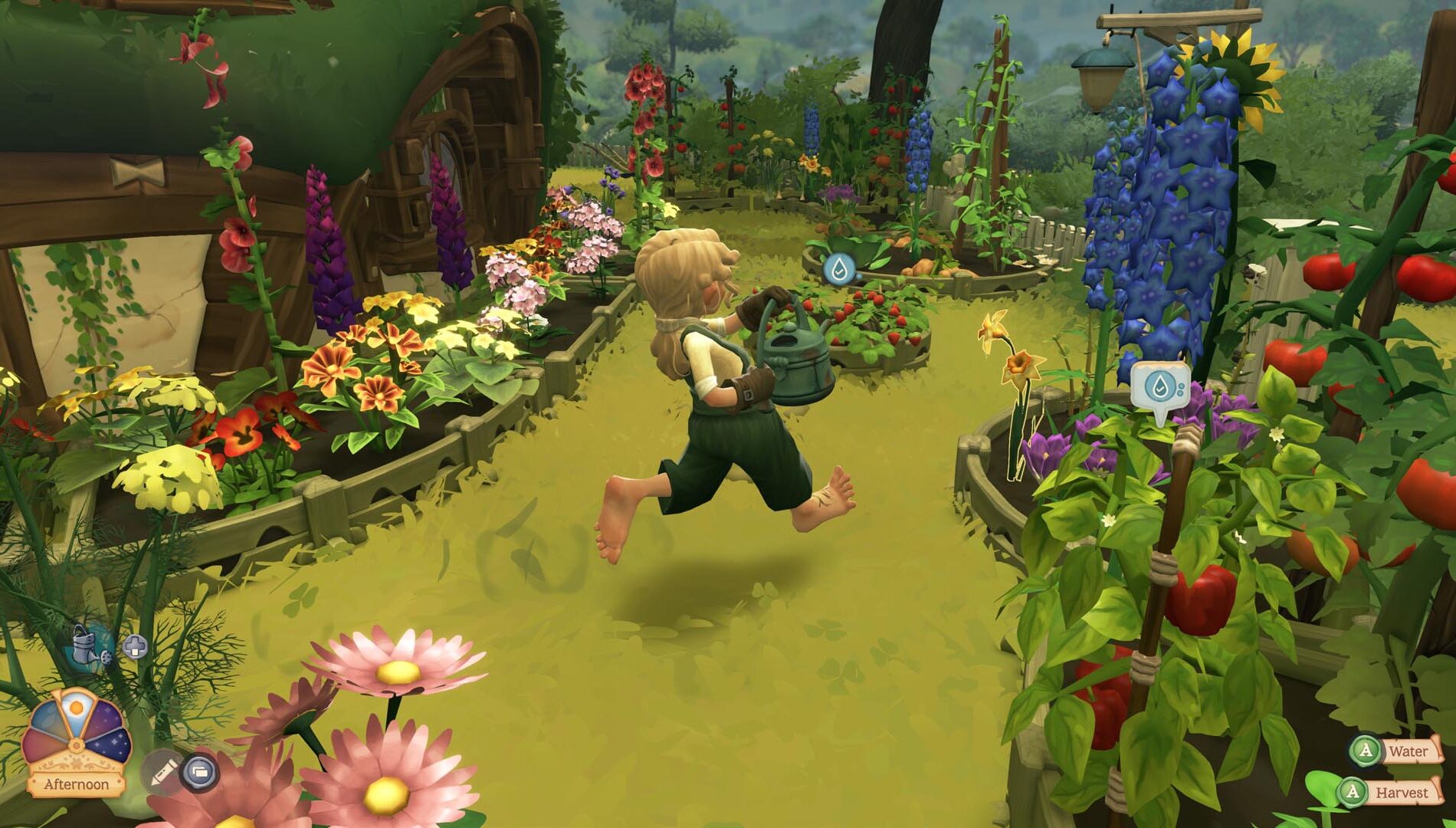
Your Garden Awaits! Just Be Sure to Have a Watering Can on Hand
Like your home, your garden is fully customisable. Plant fruits, vegetables, spices and flowers across your garden beds, then watch them grow into a veritable bounty for your home-cooked meals. Plants are precious things and require regular tending, though rainy days will save you a trip with the watering can.
When you haven’t got your hands in the soil, there’s plenty of decorating to be done. You can place many of youritems in your garden, if that’s where you think they’ll look best. Perhaps you’ll set up a daybed for some quiet respite or create a beautiful outdoor table setting for your next dinner party.
Tip: Bywater gardens love companion planting! Your garden will flourish by planting the right flowers and ingredients close to each other.
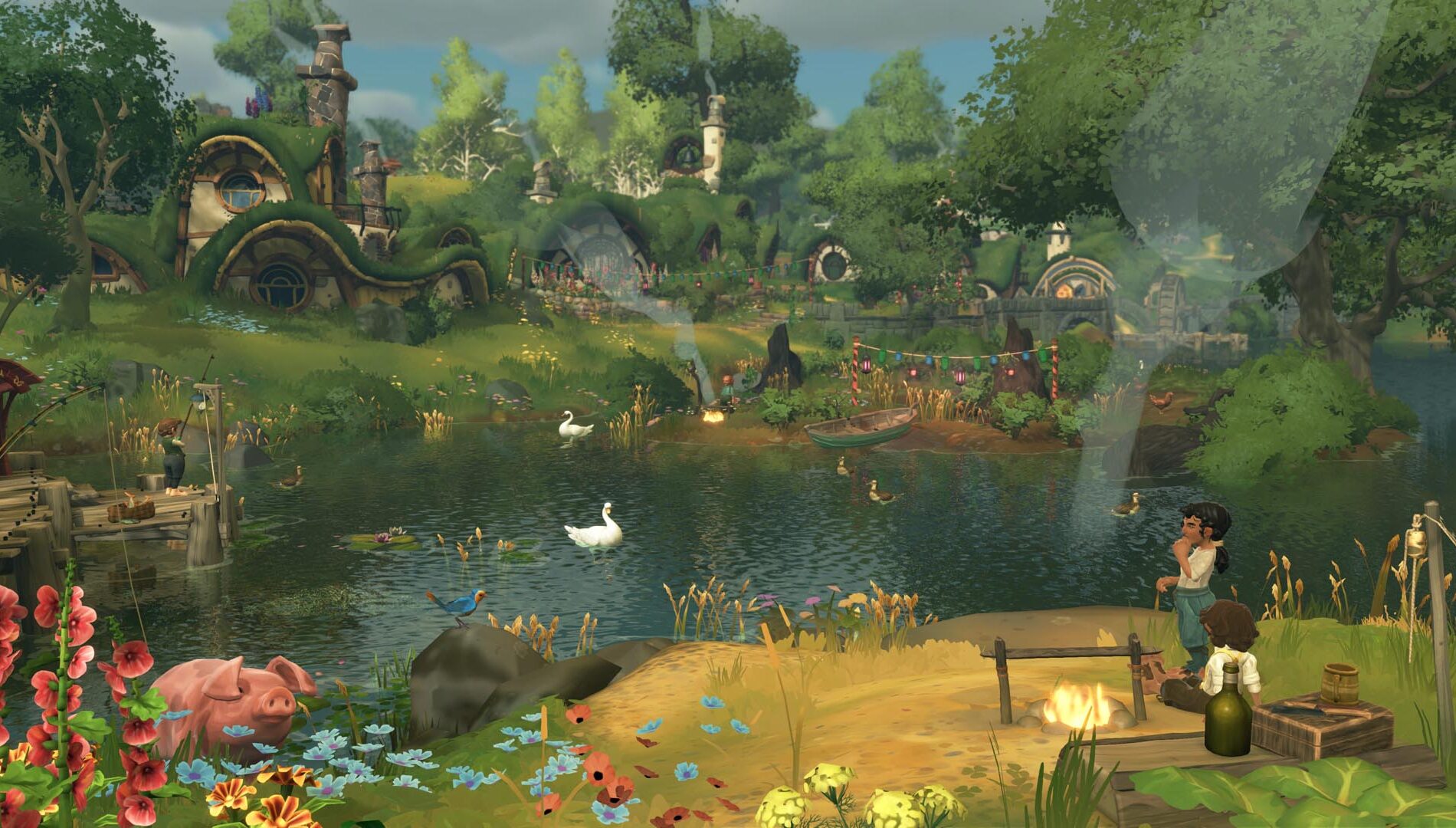
You Can Buy All Sorts at Bywater’s Village Centre, Though Trading is a Big Part of the Community too
Bywater is well-known for its busy market stalls, where you can buy and trade for fine wares, well-made clothes, fresh produce and more. Hobbits put care and craft into all things, and you’ll find plenty of goods that have been lovingly tooled and are built to last.
Shopkeeper, storyteller and obsessive collector of mathoms (the Hobbit term for trinkets with no use, but you never want to throw away), Nora Smallburrow runs the Bywater Store — the go-to place for stylish attire — with her brother, Fosco, an expert tailor (and perfectionist). Hobson Hornblower, a kindly fellow with a penchant for telling tall tales, sells interesting spices and unusual items like cloves, lemons, raisins and salt. If you’re thinking about dinner, say hullo to Young Tom Cotton at his family’s stall and pick up some mutton for a hearty stew.
Your neighbours might also be on the lookout for particular items. Swap your parsley for a jar of fragrant plum jam or give your milk to Rosie Cotton and she’ll curdle it into cheese.
Tip: Unlock better trades by developing closer bonds with your new friends and neighbours — even the grumpy ones!
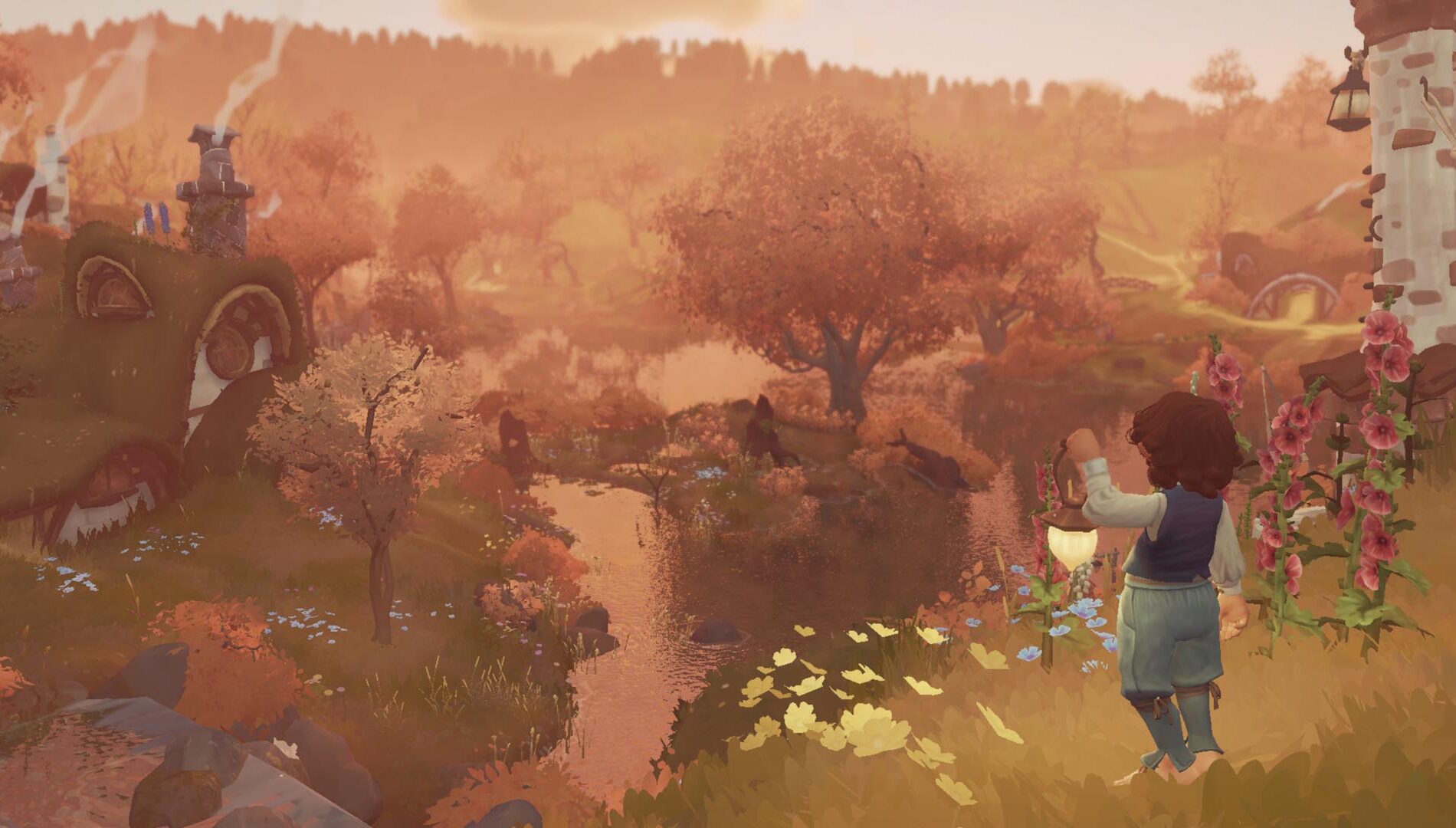
The Fields and Forests Are Full of Riches — If You Know Where to Look
Nuts, berries, herbs and mushrooms are free — for those willing to explore a little. Stock up your pantry by foraging for seasonal items like just-ripe peaches dropped from their tree, bright chanterelle, and bunches of hedge mustard which grow along the Great Road and all the way back to Bree.
Collecting some juicy berries for a fresh summer tart or greens to add to a harvest pie? Delphinium Brandybuck, an avid herbalist and healer who lives at the edge of the forest and knows much about its bounties, might be able to help you find what you’re looking for.
Tip: Keen foragers should also keep a close eye on the butterflies fluttering by — when closely followed, they’ll serve as a helpful guide to new discoveries.
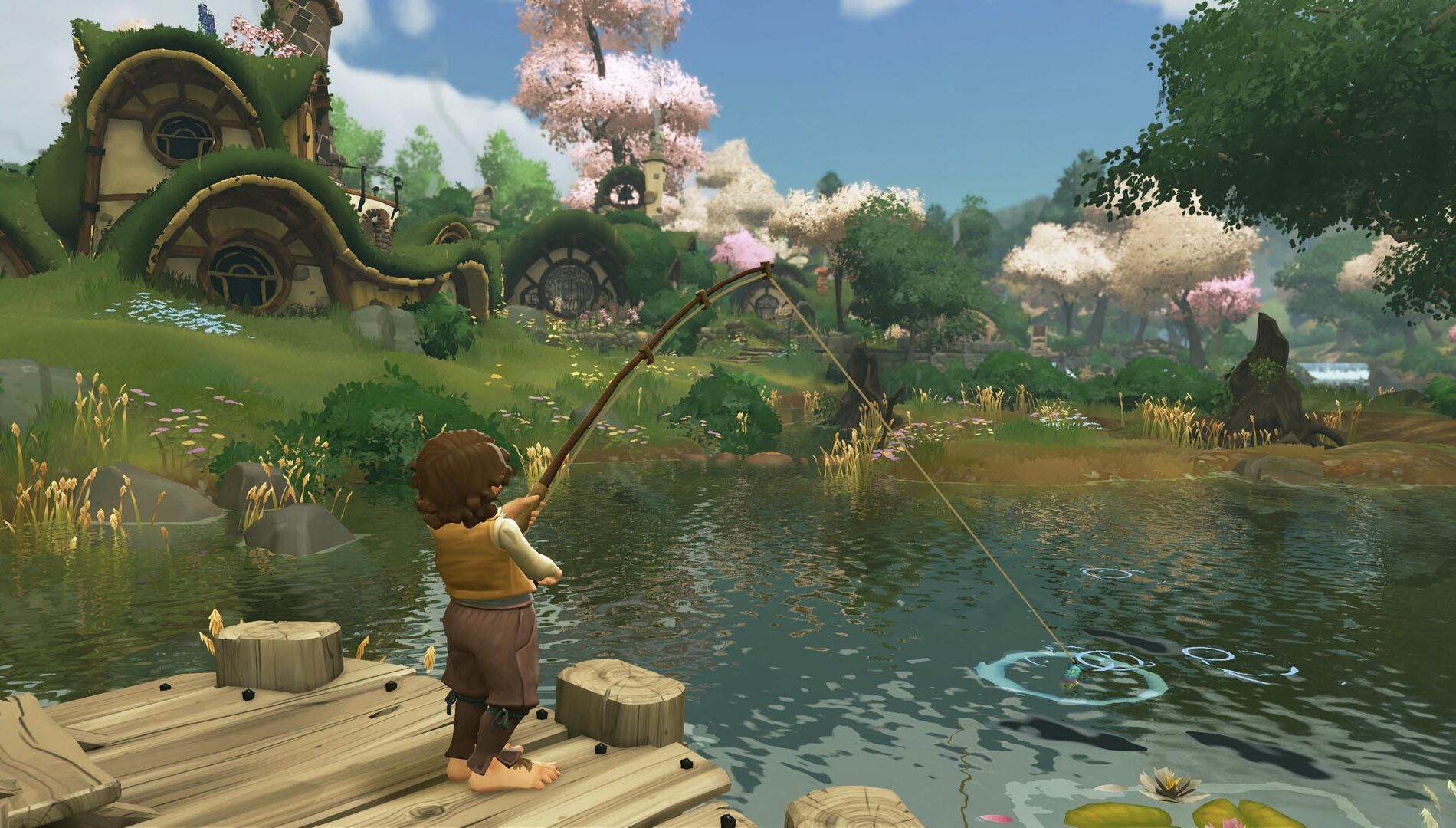
Secret Fishing Spots Abound, But You’ll Need to Win Over One of Your Neighbours
Nestled by a tranquil waterway, there’s ample opportunity to hook a tasty catch for your next meal in this corner of The Shire. Watch the bobber closely and carefully reel in your line once you have a bite from the quaint little jetty at Old Ruby’s Pond.
There are several quiet streams and bubbling brooks for you to cast your lure, though you’ll need to befriend Old Noakes, Bywater’s master angler, to unlock those secret fishing spots. He may be cantankerous (given a chance, he’d start an argument with an empty room), but he’ll play a vital role in teaching you how to fish. Become close enough with Old Noakes and he might even make you a trophy of your best catches to sit pride of place in your Hobbit-hole.
Tip: Fishing takes a bit of skill! Reel in your catch by pulling in the opposite direction that the fish is swimming. You’ll need to pause reeling every now and then to ease some of the tension on the line.
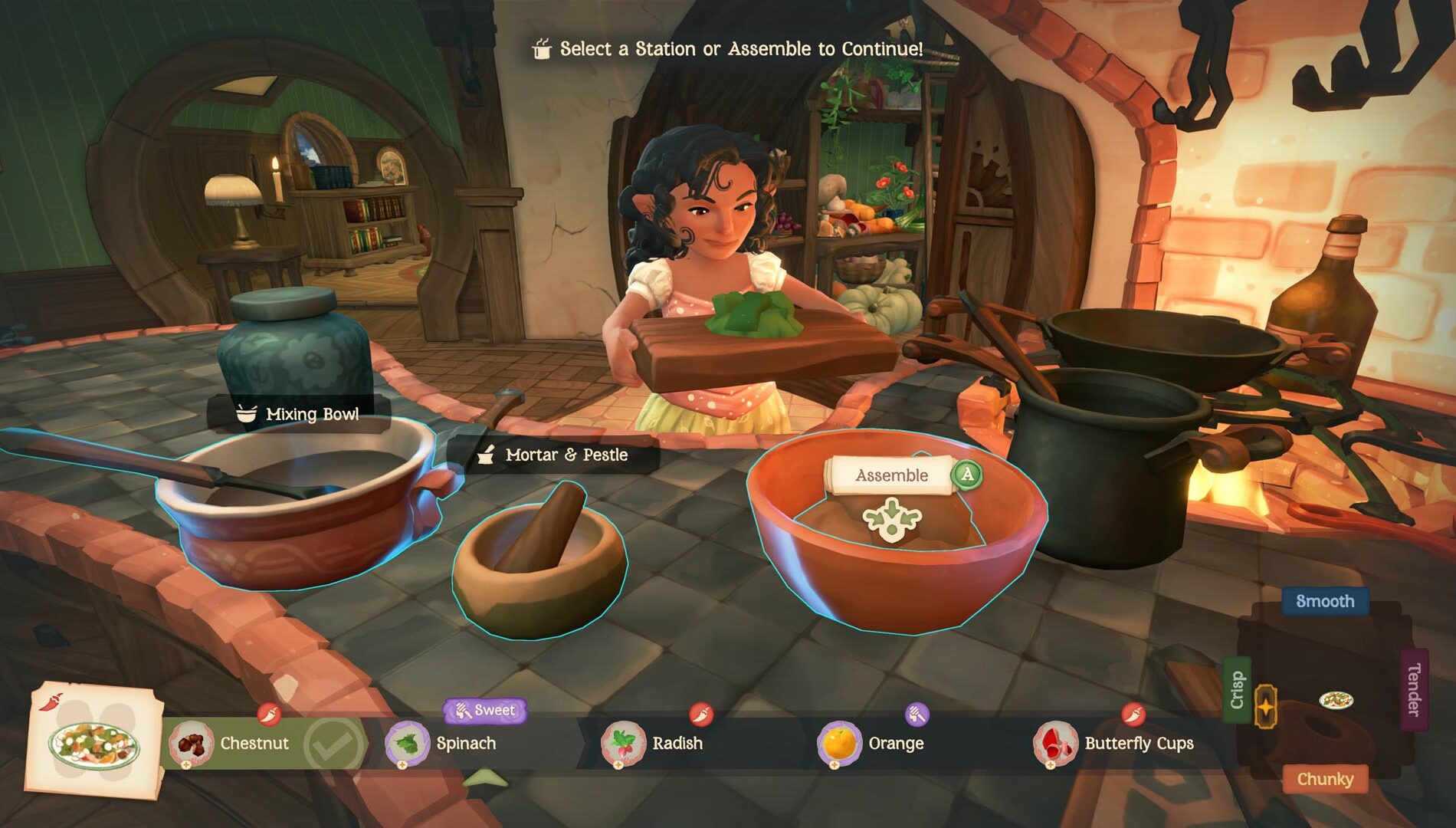
Invites for Good Food Go a Long Way
A slice of jam sponge for elevenses, a Sackville pasty for afternoon tea — the way to a Hobbit’s heart is through their stomach, so make sure to invite your neighbours over for second breakfast or a nice spot of lunch.
To begin, you’ll have access to a few cooking stations in your kitchen, where you’ll learn how to properly prepare meals that cover several core tastes: sweet, sour, spicy, salty and bitter.
Of course, hosting Hobbits is no easy task, and your neighbours will be paying close attention as they rate your food. As you develop your culinary skills and gain access to more equipment to chop, boil, fry and pickle, you’ll need to learn about their many likes and dislikes to satisfy their unique cravings. Be it smooth or crunchy,textures make taste even better.
You’ll know if you’ve made a meal to remember if you receive a thoughtful gift or another special reward. Well-mannered Hobbits give gifts, after all, and presents are freely given and accepted in Bywater.
Tip: Hobbits are a sociable bunch. If you forget to invite one of your neighbours over for mealtime, you’ll be sure to hear about it.
This all might sound like a lot to remember when everything is so new and different, but worry not. Bywater’s small, growing community will have you feeling right at home. Each new day brings so much to discover in The Shire — and as you’ll soon find out, there’s plenty more awaiting you. We look forward to seeing you on July 29. We’ll have the kettle ready.
Tales of the Shire: A The Lord of The Rings Game
Game
Private Division
 Game.
Game.Create your own Hobbit as you set forth in Bywater. Though not yet established as an official village in Hobbiton, play a part in helping the quaint town flourish. Greet comfort at the door as you decorate your own Hobbit hole, tend to your garden, fish at the clear ponds, forage wild fruits and herbs, or trade with townsfolks. Prepare homemade meals to share with fellow Hobbits and foster relationships.
With much to see and lots more to eat, enjoy days of splendor in the picturesque forests, lakes, and pastures.
Unwind in the place where what matters most are all the little things. Help bring the community together to achieve village status in Bywater. Experience delight in Tales of the Shire: A The Lord of the Rings Game.
Game.
Key Features:
Welcome Home, Hobbit – Play as a Hobbit, directly out of J.R.R Tolkien’s beloved books! Personalise your appearance and brandish your best Hobbit attire with an array of customisations. Decorate your own Hobbit home and transform the cosy space with grid-free placement to position furniture home décor to your liking. Discover the wonders each new day brings to Bywater as you settle into your serene homestead for much needed rest.
Food Is Love – No Hobbit’s day is complete without food. Fish, garden, and forage to stock up the pantry with the fruits of your labour. Harvest for seasonal crops and flowers as time passes in your homestead. Enjoy the warmth of the kitchen and show off your culinary chops with recipes for mealtimes. Partake in second breakfast or host a dinner party with fellow Hobbits. Share meals with invited guests to create new relationships.
Explore Bywater – Explore the outdoors to discover secret glades and lost treasures of the Shire. Experience the ever-changing weather that affect daily routines and seasonal surprises based on time of year. Gain rewards through your story progression. Meet iconic characters and familiar Hobbit families to trade for upgrades to skills, clothes, home, and more. Join club missions to complete daily activities and help gain official village status in Bywater.
The post Tales of the Shire: How to be a Hobbit – an Essential Guide to Settling into Bywater appeared first on Xbox Wire.

